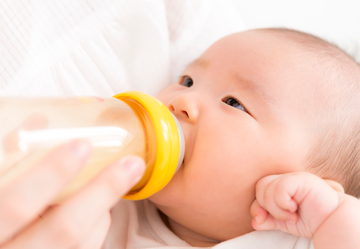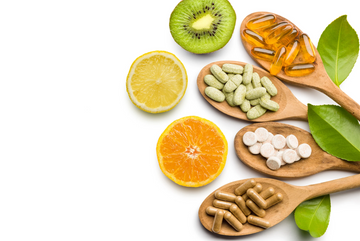Breastfeeding During Pregnancy: What to Expect and How to Navigate It
Breastfeeding while pregnant is a unique experience that many mothers navigate with curiosity and questions. If you're expecting another baby but still nursing your older child, you may wonder how pregnancy will impact your milk supply, quality, and overall feeding journey. The good news? In most cases, it's completely safe to continue breastfeeding during pregnancy, as long as both you and your child are thriving.
Do I Need to Wean My Baby or Toddler?
One of the first questions many mothers ask is whether they need to stop breastfeeding when they become pregnant again. The answer is no—you can continue nursing as long as both you and your child are comfortable. The key factor to watch is that your toddler or infant is gaining weight, growing well, and showing signs of satisfaction after feeding.
How Pregnancy Affects Breast Milk Production
Pregnancy causes hormonal shifts that can lead to changes in breast milk production. Some mothers experience a drop in supply as early as the first trimester due to increased progesterone levels, while others maintain their milk output until later in pregnancy. By the third trimester, your body prepares for your newborn’s arrival by producing colostrum—the first milk packed with immune-boosting properties. While colostrum is safe for your older child, it may cause looser bowel movements due to its natural laxative effects.
Changes in Breast Milk Composition
Breast milk changes subtly during pregnancy, with shifts in nutrient levels:
- Sodium and protein increase
- Potassium, glucose, and lactose decrease
These variations are not significant enough to harm your child’s nutrition, though some toddlers may notice a slight difference in taste, leading to lower interest in nursing or frustration if they’re hungry but not having successful feeds.
How to Support Breastfeeding During Pregnancy
If you notice a reduced milk supply, traditional techniques like nursing more often or pumping between feeds may not be as effective. Instead, focus on hydration and lactogenic foods to help maintain supply:
- Drink plenty of water – Pregnancy and breastfeeding increase hydration needs, so aim for 8–10 oz of water 12–14 times per day.
- Eat lactogenic foods – Incorporate oats, dates, and brewer’s yeast into meals to help support milk production.
For infants under six months, if breastfeeding alone isn't sufficient, consider pumped breast milk or formula supplementation. For babies over six months, increasing solid food intake can help ensure proper nutrition.
Source:
Special thanks to Noelle Martin, MSCFN, RD, for expert insights and support,














